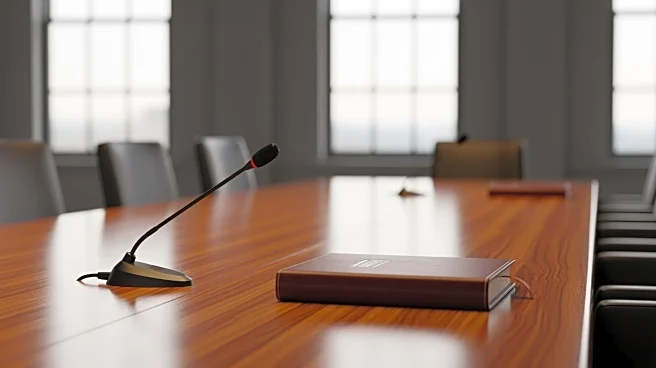What's Happening?
Alena Douhan, the Special Rapporteur of the United Nations Human Rights Council, has called on the United States to lift its sanctions on Cuba, citing their detrimental impact on the island's population.
During her second visit to Cuba, Douhan observed a further decline in various sectors, including healthcare, nutrition, and education, due to the intensified measures imposed by Washington. She highlighted the challenges faced by low-income communities, who are struggling with higher inflation and resource scarcity, making it difficult to access proper nutrition. Douhan emphasized the severe impact on children, who are missing out on educational and cultural programs due to a lack of resources. Additionally, she noted a significant shortage of medicines, with 69% of necessary drugs unavailable, contributing to a rising mortality rate. The U.S. economic embargo on Cuba, in place since 1960, has been condemned by the U.N. General Assembly for 33 consecutive years. Despite a brief thaw in relations during President Barack Obama's administration, sanctions were tightened under President Trump and have continued under President Biden.
Why It's Important?
The call to lift U.S. sanctions on Cuba is significant as it highlights the ongoing humanitarian challenges faced by the Cuban population. The sanctions have exacerbated the economic and energy crisis in Cuba, leading to blackouts, food shortages, and inflation. The embargo's impact on healthcare and nutrition is particularly concerning, as it affects the most vulnerable groups, including children. The U.N.'s repeated condemnation of the embargo underscores the international community's stance against the economic measures. Lifting the sanctions could potentially alleviate the humanitarian crisis and improve living conditions for millions of Cubans. However, the U.S. government's stance on Cuba's human rights record remains a contentious issue, influencing its policy decisions.
What's Next?
The future of U.S.-Cuba relations remains uncertain, with potential shifts depending on political developments in both countries. The U.S. administration may face increasing international pressure to reconsider its sanctions policy, especially if humanitarian conditions in Cuba continue to deteriorate. Any changes in policy could have significant implications for U.S. foreign relations and its standing in the international community. Additionally, domestic political dynamics in the U.S., including the influence of Cuban-American communities, may play a role in shaping future decisions regarding the embargo.









